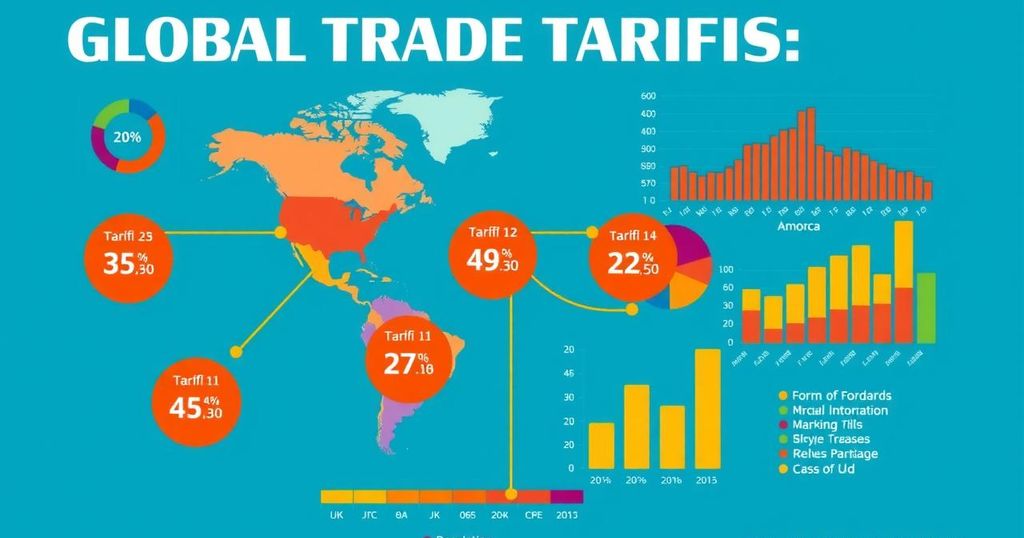Ecuador’s presidential election on Sunday centers on violence, unemployment, and an energy crisis. Daniel Noboa seeks re-election after 15 months in office, having risen unexpectedly in polls. His predecessor called for early elections amid serious allegations. The outcome will significantly impact the country’s direction, particularly amidst ongoing social issues.
As Ecuador prepares for its presidential election on Sunday, the nation is particularly concerned with pressing issues such as rampant violence, high unemployment levels, and an ongoing energy crisis. Daniel Noboa, who has served as president for 15 months since his unexpected election, is vying for re-election amidst this challenging backdrop. His predecessor, Guillermo Lasso, initiated early elections following allegations of embezzlement and subsequent impeachment proceedings.
At the age of 37, Mr. Noboa, a graduate of the Harvard Kennedy School and a member of one of Ecuador’s affluent families, experienced a rapid rise in political popularity. Initially perceived as a political outsider, he was elected to the legislature in 2021 and became a surprising contender, moving from the lower ranks in polls to success in the runoff elections against Luisa González, a candidate of the leftist political establishment.
This election holds particular significance as it will determine Ecuador’s future direction, especially concerning persistent issues such as drug-related violence and economic instability, which have led many Ecuadorians to seek better opportunities abroad, particularly in the United States. Given this context, voters are poised to make a critical decision that could reshape their country’s path and governance.
Ecuador is facing a multitude of social and economic challenges as it heads into a pivotal presidential election. The country has been significantly impacted by drug-related violence, high unemployment rates, and an energy crisis, all of which have contributed to a pressing call for change from the electorate. Daniel Noboa’s rapid ascent in the political arena, particularly from his previous status as a newcomer in politics, underscores the fluctuating political landscape amid ongoing national crises.
In conclusion, as Ecuador approaches its presidential election, the stakes are high with issues like violence, unemployment, and energy shortages at the forefront of voters’ concerns. The election represents an opportunity for profound change in leadership and policy direction, as Daniel Noboa seeks to secure his position amidst a backdrop of serious national challenges shewn with increased urgency. The outcome of this election may dictate the future stability and prosperity of Ecuador.
Original Source: www.nytimes.com




